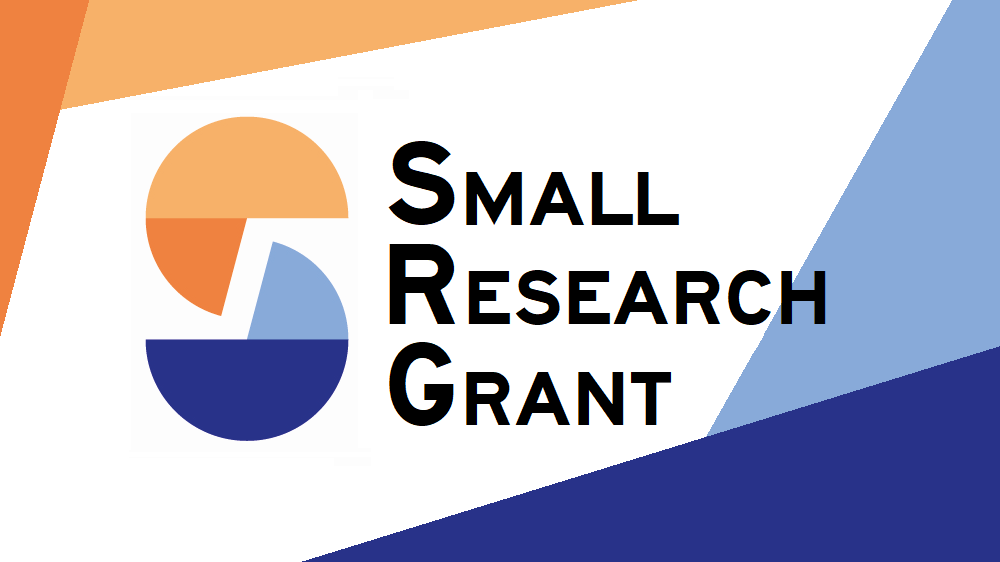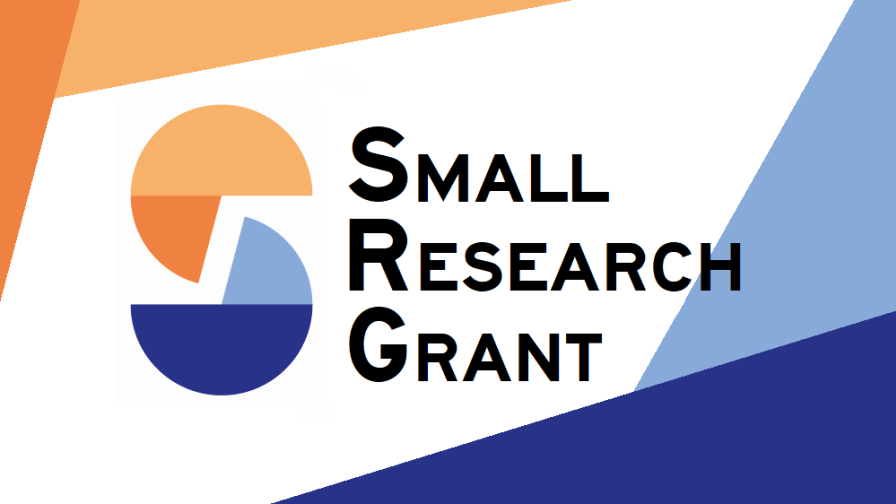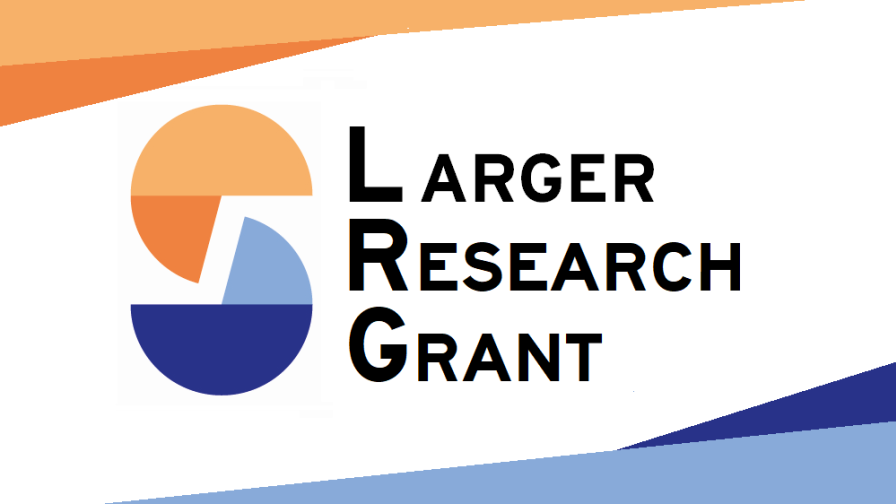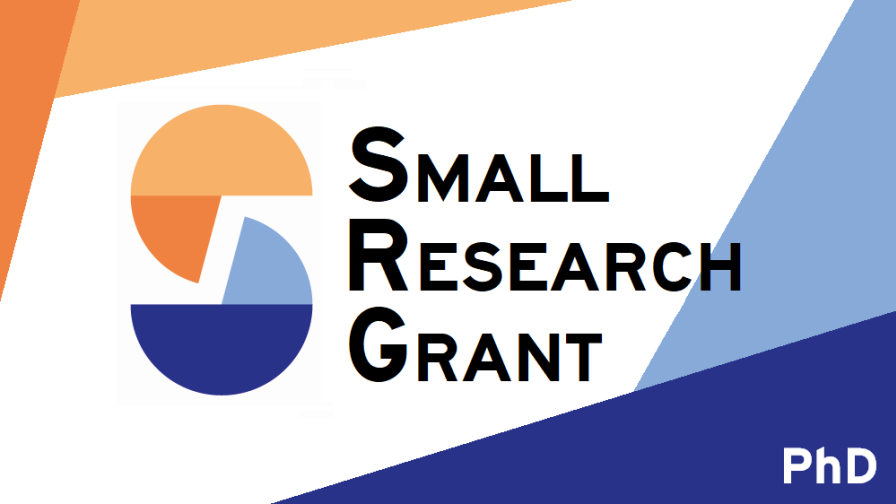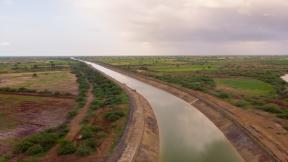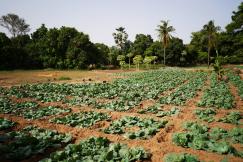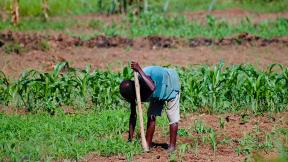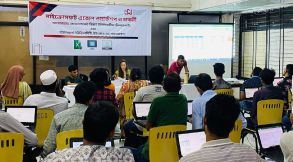Agriculture continues to be the dominant employer in most low-income countries. As a result, governments frequently invest in programmes to strengthen the agricultural sector. These programmes can include subsidies for inputs, efforts to demonstrate new technology, or price supports. The goals of these programmes are to boost agricultural production, increase incomes for farmers, and to improve food security. But they may have other impacts as well. Farming in poor countries relies mostly on physical labour. Subsidies to agriculture can increase labour demand, potentially reducing educational attainment by inducing young people to work in farming rather than attending school. Moreover, agriculture and the environment are closely linked. Intensifying production or expanding cultivated area could worsen externalities from agricultural production. This project will estimate these effects in the context of government support to agriculture in India.
Starting in 2007, India launched the National Food Security Mission (NFSM), a large-scale and nationwide programme of government support offering demonstrations of improved seed varieties, distribution of subsidised seeds, and minor infrastructure projects, such as irrigation facilities. To answer questions on whether and how the programme impacted production of staple foods and environmental quality (particularly water quality and groundwater extraction), the research team take advantage of an eligibility criterion employed by the programme to estimate effects via regression discontinuity design. From 2012, the NFSM was targeted to Indian districts based on the previous year’s cultivated area. Specifically, to be eligible for inclusion in the NFSM wheat programme, districts needed to cultivate 50,000 hectares of area with wheat and be producing yields below the average in their state. This allows the researchers to identify any discontinuity in outcomes across this threshold.
Since the National Food Security Mission programme was rolled out in 2007, wheat area and output has risen substantially. Despite claims that the programme is a success, and continued investment in it each year, there is no rigorous evidence on its effectiveness. This project will deliver evidence which could either be used to justify continued investment in the programme, or to scale down elements (crops) that are less effective. More broadly, the project will help develop insights into whether expanding agricultural extension activities, a common policy in low-income countries and sub-Saharan Africa in particular, can have long-term effects on education and a host of other outcomes.
Preliminary findings show that this programme increased wheat production by over 50 percent. Almost all of this increase comes from expanded wheat area during the dry season, rather than increased crop yield. This increase in wheat production caused by the programme did not lead to clear environmental damages. No effects on groundwater depletion were found. If anything, the quality of surface waters improved after the programme.
